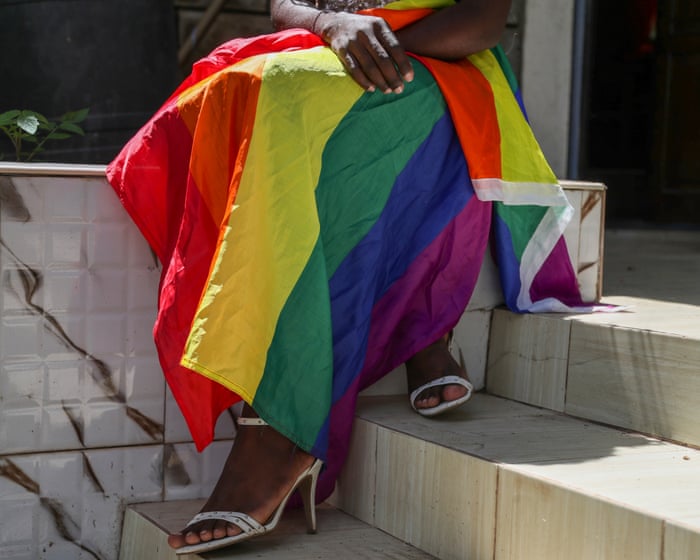Panama’s comptroller general has filed two lawsuits with the country’s supreme court targeting the owners of two key ports caught in a geopolitical tug-of-war between the U.S. and China. This action appears to favor former U.S. President Donald Trump’s efforts to reduce Chinese influence over the Panama Canal.
The legal move comes after a failed attempt to sell the ports to a group led by U.S. investment firm BlackRock and Swiss shipping company MSC. These ports, located at opposite ends of the Panama Canal, were originally granted to Hong Kong-based CK Hutchison in 1997. They gained international attention when Trump, during his January 20 inauguration speech, promised to “take back” the canal from perceived Chinese control. That same day, Comptroller General Anel Flores announced an audit of Panama Ports Company, which is 90% owned by CK Hutchison.
In March, BlackRock – the world’s largest asset manager – revealed plans to partner with MSC to buy Panama Ports Company along with 41 other ports in CK Hutchison’s global network. The deal had a July 27 deadline for finalizing terms.
However, China opposed the sale of these strategically important assets. On March 28, China’s antitrust regulator announced it would review the deal to “protect fair competition and public interests.” The Wall Street Journal later reported that China threatened to block the deal unless state-owned shipping company Cosco joined the buying group with veto power.
This Wednesday, Flores called Panama Ports’ contract “unfair” and “abusive,” alleging insufficient royalty payments to the government and claiming its 2023 25-year extension lacked proper authorization. One lawsuit aims to cancel the contract, while the other challenges its constitutionality.
Addressing rumors about Cosco’s potential involvement, Flores stated: “It doesn’t seem right that others elsewhere are negotiating the future of assets that belong to us Panamanians.”
Panamanian President José Raúl Mulino expressed support for Flores’ decision on Thursday, denying any connection to the ongoing ownership dispute. However, the timing benefits the U.S.-backed consortium. If successful, the lawsuits would force new bidding for port operations. With Panama having left China’s Belt and Road Initiative in April, a U.S. or allied company would likely win any new contract.
While canceling the current contract could allow Panama to negotiate better terms, the country might face legal challenges from CK Hutchison, which could argue the move amounts to politically motivated seizure of assets.



